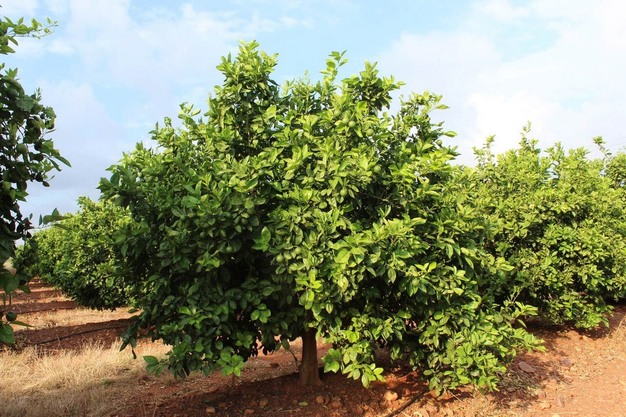La Unió Llauradora is urging the Regional Ministry of Agriculture to create a citrus reconversion plan to tackle aging plantations by introducing the most popular commercial varieties, exploring the use of new IVIA rootstocks that are more resistant to drought or better suited to climate change, and addressing the long-standing problems caused by cross-pollination (pinyolà).
The organization believes that this support measure is essential and should be allocated a budget of at least € 2 million for this year.
 © La Unió
© La Unió
It's worth noting that the citrus industry in Valencia has experienced a significant decline in production over the past few decades. Twenty-five years ago, production was 3,602,125 tons. Ten years ago, it had decreased to 3,178,687 tons, and last season, it fell to 2.7 million tons. This indicates that production has decreased by more than 23% over the past 25 years.
During the same period, the citrus-growing area decreased from 191,551 hectares in 2000 to 153,623 hectares in 2024. This means the Valencian Community's citrus area has shrunk by 37,928 hectares, or 19.80%, in 25 years. Additionally, about 35% of the citrus area in Valencia is over 25 years old and needs to be replanted with newer varieties.
It's also noteworthy that the sales of citrus seedlings have slightly declined in recent years, reflecting a reduction in citrus-growing areas, especially in traditional regions. In Spain, over 70% of the seedlings sold are used for replacing old trees or switching varieties, rather than establishing new large-scale plantations.
 © La Unió
© La Unió
The decline in the citrus sector results from low profitability, as growers' prices don't cover increasing costs. Additionally, there has been an increase in pests that require more control. The decline is also driven by aging trees and a lack of renewal. Low profitability prevents citrus growers from investing in modernizing their plantations, and the advancing age of many growers makes it difficult to pass the industry on to the next generation.
Furthermore, there are too many outdated varieties, and cross-pollination is a significant problem. Some varieties still produce fruits with seeds because of cross-pollination, which hurts their market appeal since consumers prefer seedless fruit. The sector needs to replace pollinating varieties with others that are not susceptible to this issue to overcome the pinyolà problem once and for all and better meet market demands.
 For more information:
For more information:
Carles Peris
La Unió
Tel.: +34 658 92 89 23
Email: [email protected]
https://launio.org
